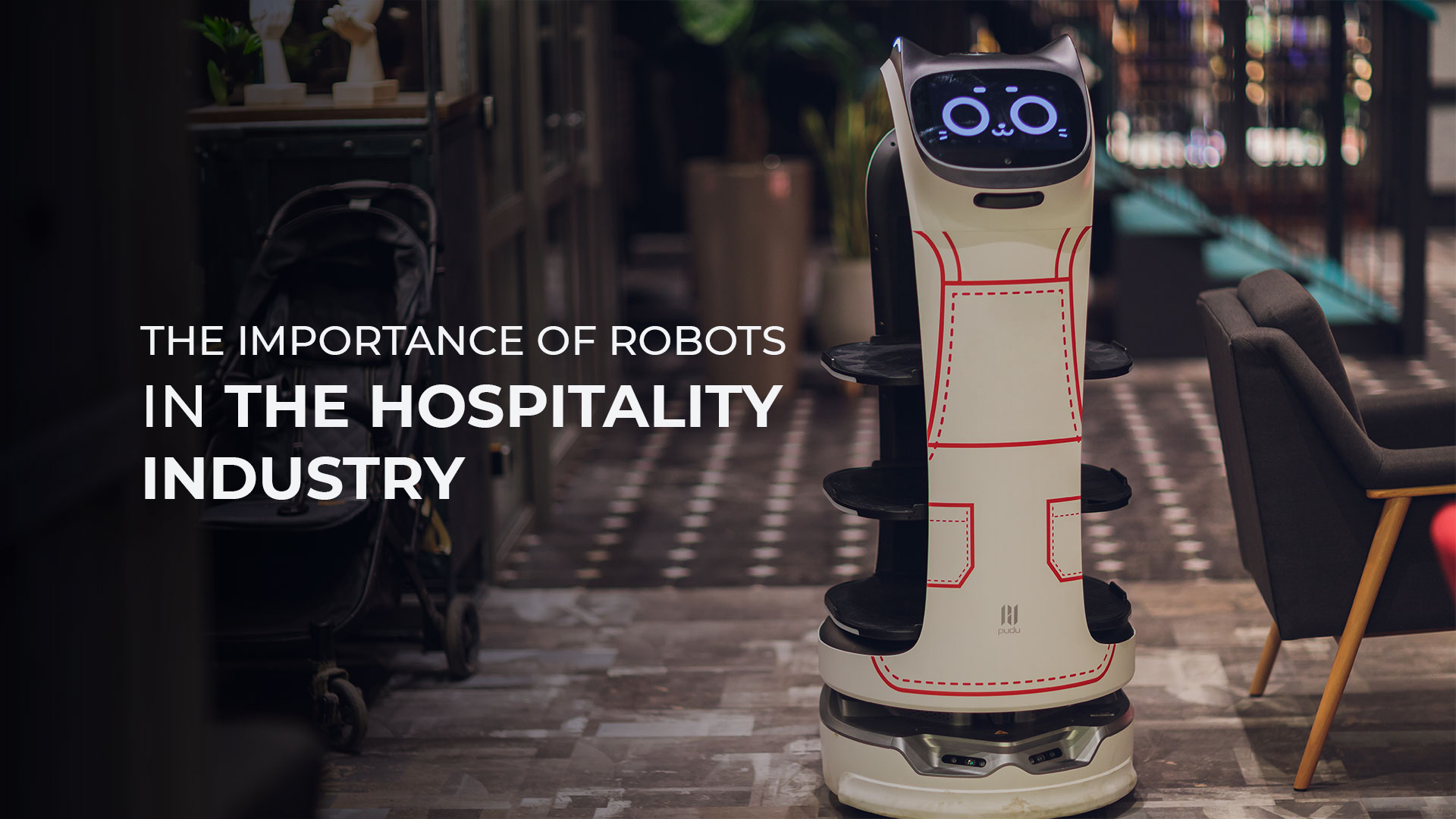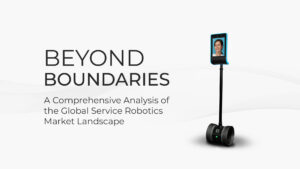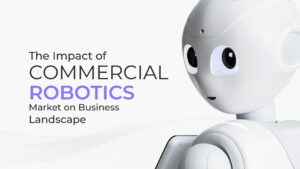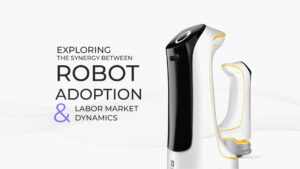Introduction
In the ever-evolving landscape of the hospitality industry, technological advancements have become instrumental in enhancing efficiency and guest satisfaction. Among these innovations, robots have emerged as a transformative force, revolutionizing the way hotels, restaurants, and other hospitality establishments operate. This article delves into the importance of robots in the hospitality industry, exploring the myriad ways they contribute to improved service, operational excellence, and the overall guest experience.
Table of Contents
Prospects and potential advancements in robotic technology
Looking ahead, the prospects for robotic technology in the hospitality industry are promising. As technology continues to advance, robots are likely to become more sophisticated and capable of handling complex tasks. This could include tasks such as concierge services, food and beverage delivery, and even customer interaction and engagement.
Advancements in artificial intelligence and machine learning could also enhance the capabilities of robots, allowing them to learn and adapt to guest preferences and anticipate their needs. This could further improve the level of personalization and customization in hospitality services.
Additionally, the development of social robotics, which focuses on creating robots that can understand and respond to human emotions, could revolutionize the guest experience. These robots could provide companionship and emotional support to guests, creating truly unique and memorable experiences.
The Rising Role of Robots in the Hospitality Industry
Robots offer numerous advantages in the hospitality industry. They can assist with repetitive tasks such as cleaning rooms, delivering amenities, and serving food and drinks. By automating these tasks, hotels and restaurants can improve efficiency, reduce costs, and allocate human resources to more specialized jobs.
Moreover, robots can optimize customer experiences by providing personalized recommendations, answering inquiries, and even acting as concierge service. This enhances guest satisfaction and sets businesses apart from their competitors.
Staying Ahead of the Competition in the Evolving Industry Landscape
The hospitality industry is dynamic and constantly evolving. To stay ahead of the competition, businesses must embrace emerging trends and technologies. The integration of robotic staff allows establishments to differentiate themselves from competitors and position themselves as industry leaders.
Robots can provide a competitive advantage by increasing operational efficiency and reducing costs. They can accomplish tasks with speed and precision, contributing to faster service delivery and ultimately improving customer satisfaction. This efficiency translates into cost savings, enabling businesses to allocate resources strategically and invest in other areas that can further enhance their competitiveness.
Moreover, the utilization of robots signals a commitment to meeting the evolving needs of customers. As technology continues to shape the industry, businesses that are resistant to change risk being left behind. By embracing robotic staff, establishments demonstrate their adaptability and willingness to embrace innovation, which can attract customers seeking modern and progressive experiences.
Streamlining Operations with Robotic Efficiency
1. Enhanced Productivity
One of the primary benefits of integrating robots into the hospitality industry is the significant boost in operational efficiency. Robots are capable of performing repetitive tasks with unparalleled precision and speed, allowing staff to focus on more complex and guest-centric responsibilities. From housekeeping to inventory management, the deployment of robots ensures that routine tasks are completed swiftly and accurately, freeing up human resources for tasks that require a personal touch.
2. Improved Accuracy and Consistency
Humans, no matter how skilled, are prone to errors. In a fast-paced hospitality environment, errors can lead to guest dissatisfaction and operational disruptions. Robots, like KettyBot on the other hand, excel in tasks that demand high accuracy and consistency. Whether it’s preparing meals in the kitchen or delivering items to guest rooms, robots execute tasks with a level of precision that minimizes errors, contributing to a seamless and error-free guest experience.
Elevating Guest Experience through Technological Innovation
3. Personalized Service
KettyBot Robot play a pivotal role in elevating the guest experience by offering personalized and memorable interactions. Some hotels have introduced robot concierges that provide guests with information about local attractions, weather updates, and even deliver room service items. These robotic assistants not only enhance the efficiency of service delivery but also create a unique and futuristic atmosphere that resonates with tech-savvy guests.
4. Contactless Services
In a post-pandemic world, the demand for contactless services has surged. Robots are ideally suited to meet this demand, minimizing direct human contact in various aspects of hospitality operations. Automated check-in and check-out processes, robotic luggage handling, and the use of robot like BellaBot servers in restaurants contribute to a safer and more hygienic environment for guests and staff alike.
Meeting the Challenges of the Modern Hospitality Landscape
5. Labor Shortages
The hospitality industry has grappled with labor shortages in recent years. Robots offer a viable solution to this challenge by filling critical roles where human resources may be scarce. Automated systems can handle repetitive and physically demanding tasks, reducing the industry’s dependence on a large workforce and mitigating the impact of staffing shortages on service quality.
6. Multilingual Communication
In an increasingly globalized world, hotels and restaurants often cater to a diverse clientele. Robots equipped with language translation capabilities contribute to effective communication, breaking down language barriers and ensuring that guests feel welcome and understood. This is particularly valuable in international tourist destinations where linguistic diversity is a common challenge.
Sustainable Practices in Hospitality through Robotics
7. Energy Efficiency
Robotics in the hospitality sector can also contribute to sustainability initiatives. Many modern robots are designed with energy-efficient technologies, consuming less power than traditional equipment. This not only reduces operational costs for businesses but also aligns with the growing demand for eco-friendly practices in the hospitality industry.
8. Waste Reduction
Efficient inventory management and waste reduction are crucial aspects of sustainable hospitality practices. Robots with inventory tracking capabilities can help establishments monitor and manage their supplies more effectively, minimizing waste and contributing to environmentally conscious operations.
Overcoming Challenges and Embracing the Future
9. Initial Investment vs. Long-term Benefits
While the integration of robots into the hospitality industry involves an initial investment, the long-term benefits often outweigh the costs. Improved operational efficiency, enhanced guest satisfaction, and the ability to meet evolving industry demands position robots as valuable assets that contribute to the long-term success and competitiveness of hospitality establishments.
10. Adapting to Changing Consumer Expectations
Consumer expectations in the hospitality industry are constantly evolving, driven by technological advancements and changing societal norms. Embracing robotics is not just a response to current challenges but a proactive approach to meeting and exceeding the expectations of tech-savvy and discerning guests. The ability to provide a seamless blend of human touch and technological innovation sets the stage for a hospitality industry that is both modern and guest-centric.
In Conclusion
In conclusion, the integration of robots into the hospitality industry represents a significant step towards a more efficient, personalized, and sustainable future. From streamlining operations and enhancing guest experiences to addressing labor shortages and promoting sustainability, robots play a multifaceted role in shaping the modern hospitality landscape. As technology continues to advance, embracing robotic innovations is not just an option but a strategic imperative for hospitality establishments aiming to thrive in an ever-evolving industry.
Elevate Your Hospitality Experience with Proven Robotics.
At Proven Robotics, we understand the pivotal role that robots play in transforming the landscape of the hospitality industry. Our cutting-edge solutions, including the innovative KettyBot and charming BellaBot, are poised to revolutionize your guest experience. As you delve into the importance of robots in hospitality, consider how these robotic companions can elevate your service standards and leave an indelible mark on your guests.




